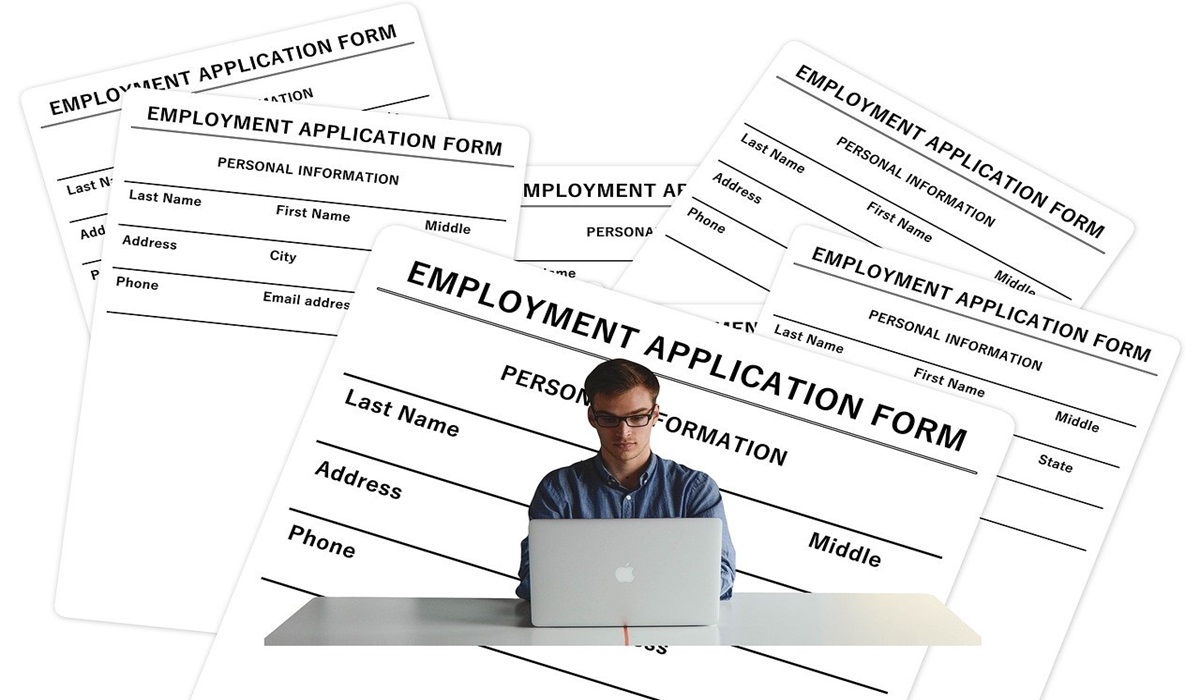The Rising Burden of Property Taxes, While Services Stay the Same
- TDS News
- Trending News
- August 24, 2025

Image Credit: Paul Brennan
Across Canada and the United States, homeowners are facing a reality that feels less like community investment and more like financial punishment: year after year, property taxes increase, yet the services those taxes are supposed to fund remain unchanged.
Municipal leaders often defend the practice by pointing to rising property values. If a home that was purchased for $300,000 suddenly rises in assessed value to $400,000 or $500,000, local tax authorities collect more revenue—even though the owner’s garbage is still collected on the same schedule, the roads are no better maintained, and snow removal remains inconsistent.
For the average homeowner, this disconnect between cost and service has become a flashpoint. With inflation driving up the price of groceries, fuel, and utilities, many feel as though property taxes have become one more relentless pressure in a cost-of-living crisis.
Take the situation in Winnipeg, Toronto, Vancouver, or countless mid-sized American cities: homes have doubled in value over the last decade, and yet municipal services have not doubled in quality. In fact, many residents argue they have seen the opposite, with longer waits for snowplows, reduced garbage pickup schedules, or deferred infrastructure projects.
The theory behind the tax model is that as property values increase, so too does a homeowner’s ability to contribute more to the municipal budget. But in practice, rising home values don’t automatically mean homeowners have more money in their pockets. A retired couple on a fixed income or a young family barely covering mortgage payments cannot easily absorb annual tax hikes just because their neighborhood has become more desirable to real estate investors.
In Florida, Governor Ron DeSantis has floated a policy idea that aims to address this issue: freezing property tax assessments at the purchase price of a home. Under this proposal, a homeowner would pay taxes based on what they initially paid for the property, not on future market valuations. Taxes would only be reset when the home is sold to a new buyer, who would then pay based on their own purchase price. While the policy is still under discussion, it has sparked debate across North America about whether property taxes should reflect actual services rather than the volatility of the housing market.
Meanwhile, Canadian homeowners are voicing their frustration in growing numbers. In cities like Calgary and Montreal, residents have watched their tax bills climb by hundreds or even thousands of dollars annually with little to show for it.
Mr. Labiuk, a homeowner in Western Canada, expressed a sentiment shared by many: “We work hard, and it only makes sense not to increase property taxes if there are not an increase in services.”
Economists note that property taxes remain a cornerstone of municipal revenue, funding everything from policing to public libraries. However, critics argue that tying taxes so tightly to real estate markets effectively punishes homeowners for something entirely outside their control. Property booms are often driven by global investors, speculative markets, or regional demand—not by the decisions of local families simply trying to stay in their homes.
The result is a growing sense of frustration and inequity. Homeowners see their tax bills rising faster than their wages, while their day-to-day quality of municipal services remains stagnant. For many, it feels like paying more and more into a system that gives nothing extra in return.
Unless municipalities find a way to better align taxes with actual services, the resentment will only deepen. The debate is no longer about whether property taxes are necessary—they clearly are—but whether they are fair. And for families already squeezed by high costs of living, fairness is no longer a luxury. It’s a necessity.








